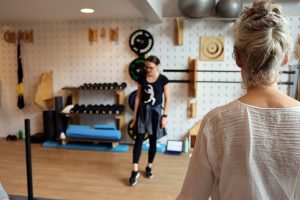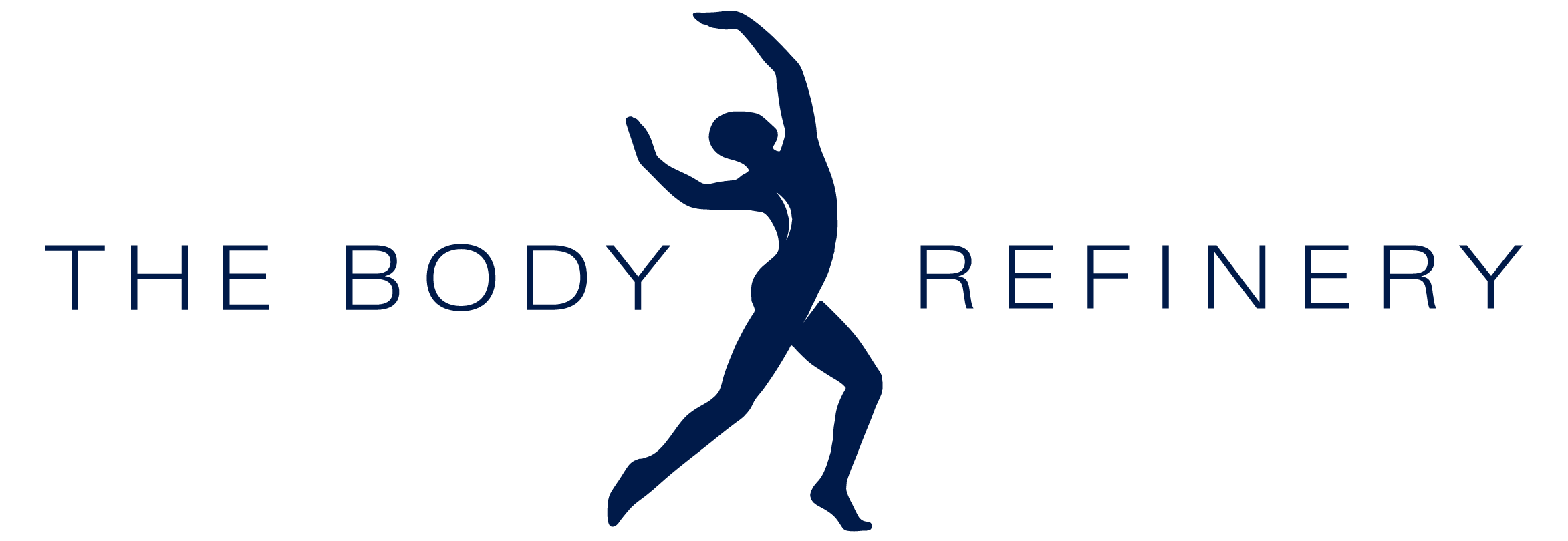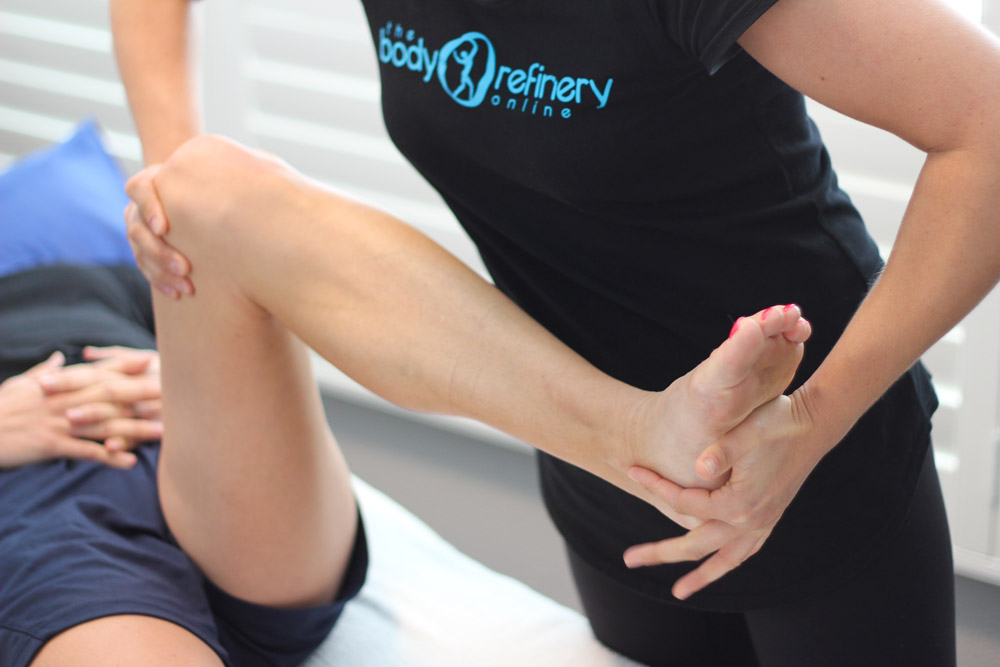Osteoarthritis is a condition characterised by the breakdown of the cartilage which lines joint surfaces and is commonly seen in joints such as the knee and hip. If you have knee osteoarthritis, you may experience pain and or swelling in the knee, morning stiffness, and difficulty standing or walking after sitting for long periods of time.
How Many Australians Live with Osteoarthritis?
Approximately 2.2 million Australians live with Osteoarthritis (Australian Bureau of Statistics 2017–18 National Health Survey); and the knee represented 62% of all arthritic conditions in 2017–18.
1 in 5 Australians over the age of 45 have Osteoarthritis and approximately one-third of people aged 75 and over experience this condition.
What contributes to knee Osteoarthritis?
- Previous joint injury or trauma – a joint compromised by a previous injury could either have been affected by the event or progressively changed over time due to increased stiffness and/or altered movement patterns following the injury.
- Stiff joints and limited range of motion affect the forces acting on the body – biomechanics or the forces acting upon our body when we move is a major contributing factor to the disease process of osteoarthritis.
- Being overweight – simple; increased weight = increased force going through our joints and can accelerate the wear and tear on joints.
- Repetitive movements – it is likely that you are performing repetitive movements in the activities of daily living you undertake or the industry you’re working in. Years of repetitive movements, especially under load, combined with the aforementioned factors may lead to Osteoarthritis.

What Can We Do to Change This?
- Exercise can help reduce pain and manage symptoms of knee osteoarthritis
- Improved range of motion helps strengthen muscles around affected joints
- Weight management
- Medications to manage pain and inflammation (as prescribed by your doctor)
Kneehab Classes
At The Body Refinery, our Physiotherapists follow an evidence-based, exercise approach called the GLA:D® program. This has beneficial outcomes by reducing the progression of knee osteoarthritis symptoms by 32% as well as reducing pain, reliance on painkillers, and less time off work.This program is individualised to your ability level, making it accessible for those with mild to severe knee pain.
Education and exercises provided can be applied to everyday activities, ensuring you develop skills to self-manage your osteoarthritis. By strengthening and improving confidence with exercise, you’ll develop a better capacity to become or stay active, prevent knee osteoarthritis symptom progression, and reduce pain.
This article was written by Physiotherapist Cathryn Prout. If you would like more information, or feel you might benefit from our Kneehab classes, contact us on 07 3358 3915 today to book your initial appointment.


